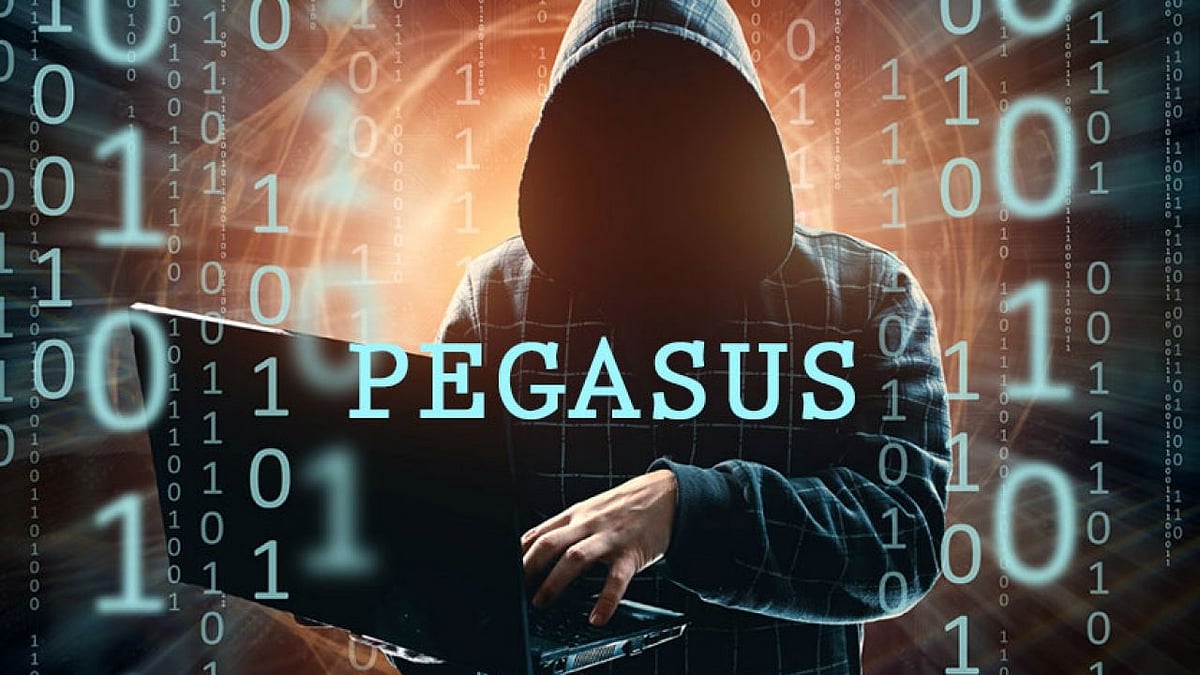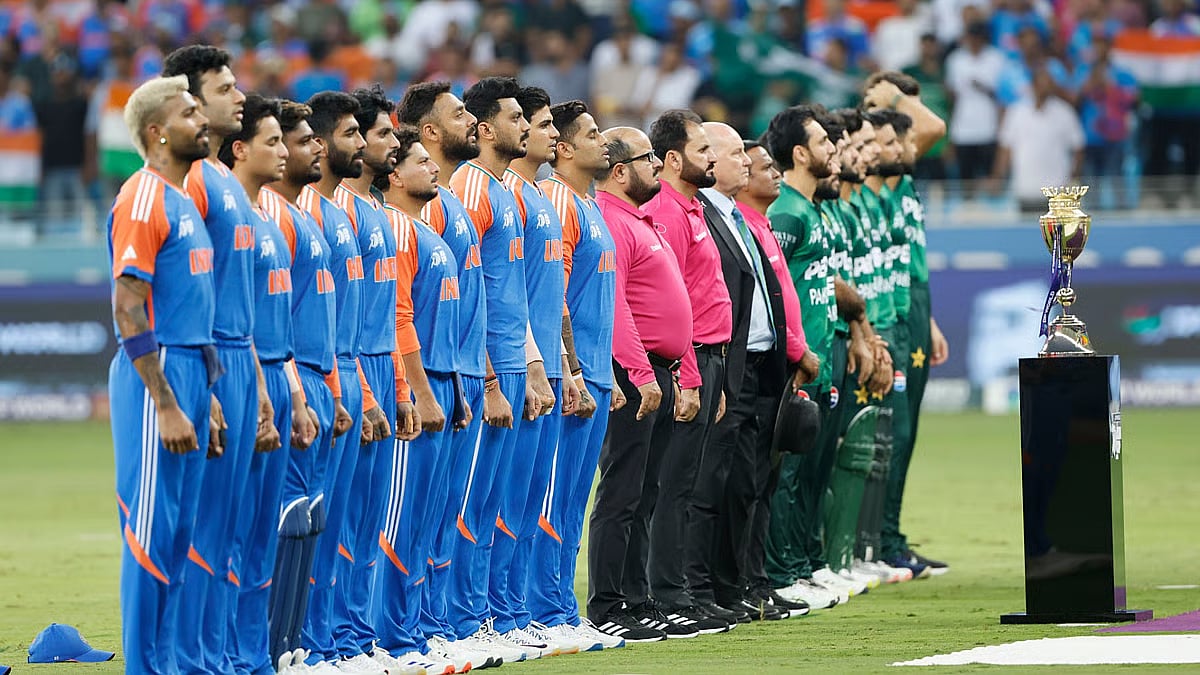The Supreme Court’s decision to hear the Pegasus PIL, listed for this week, is a momentous event for Indian democracy but no one seems to be overly excited about it. Emotions vary from pessimism to cautious optimism, much like the way the story itself was received.
Sceptics point out that this was something that the SC should have taken up on its own, instead of waiting for a PIL to be filed, thus wasting a fortnight during which a lot can be covered up. The hopefuls point out that this could be the beginning of a ‘jugalbandi’ between the media and the judiciary, which augurs well for our democracy. Whatever one makes of it, the development calls for a discussion on the possible course of action and the implications thereof.
These are no ordinary times and this is no ordinary case. The party in power has neutralised the countervailing power of the constitutional authorities, autonomous institutions and the media. Its leader has a mesmeric hold on the masses. But now, it appears that Big Brother had a little toy with which he was eavesdropping on everyone.
The government has flatly denied using Pegasus despite evidence provided by independent forensic labs; a sample survey showed that 50 per cent of Indian phones that were targeted were infected with Pegasus. If the apex court orders a probe by a sitting or retired judge of the Supreme Court, as demanded by the petitioners – veteran journalists N Ram and Sashi Kumar – stonewalling will not work.
The government will have to disclose who was behind the snooping. Surely, no one other than the Indian government would be interested in listening to Indian opposition leaders, investigative journalists, dissidents and even 11 associates and family members of the SC staffer who accused former Chief Justice of India Ranjan Gogoi of sexual harassment. As many as 155 Pegasus targets in India have been identified by the cyber news portal, The Wire, which anchored the India leg of the global media investigations into the misuse of Pegasus, manufactured by the Israeli NSO Group, now under investigation in their own country.
By snooping on civilians – several of them languishing in jail for over two years in the Bhima-Koregaon case – the legal regime for surveillance under Section 5(2) of the Telegraph Act has been completely bypassed. In fact, the government spied on its own spies; a CBI chief, top RAW, ED and BSF officials. Besides, ‘Mota Bhai’ was spying on several senior BJP and RSS functionaries. Who knows, a ‘Deep Throat’ may emerge from the lot.
Pegasus and other such spyware is not only used for surveillance but also for data mining and planting evidence, which is the plaint of renowned tribal rights activists, academics and their associates arrested in the Bhima-Koregaon case. Two of them have even presented evidence of that, using the services of an independent US cyber forensics lab. The higher judiciary has been taking a very narrow view of the case which has come to define civil liberties in India; an HC judge even withdrew his praise for the life-long humanitarian work of Fr Stan Swamy, one the Bhima-Koregaon suspects who died in custody recently.
One only hopes that the SC is not as pusillanimous and that it also examines the link between the Pegasus snooping and the allegations regarding planted evidence. The SC probe must not lose sight of the crux of the issue: The extensive use of the deadly spyware here is an assault on not just individual privacy but the very foundations of democracy. It shows that the government is prepared to use all the dirty tricks in the book to undermine its critics and opponents even as we celebrate 75 years of Independence.
The government may yet again use the ruse of national security to sidestep the inquiry but there are just too many questions to be answered, too many loose ends to be tied up. And this time, it cannot get away by calling the questioner an anti-national or urban Naxal. One of the questions pertains to the ten-fold hike in budget allocation for the National Security Council Secretariat (NSCS) within a year – from Rs 33 crore in 2016-17 to Rs 333 crore in 2017-18. It tallies with the timeline of the PM’s visit to Israel and the defence deals signed there. One also hopes that the targeted opposition leaders will come forward to have their phones tested, a step that will embolden other victims too.
The Pegasus case is a great opportunity for the SC to assert its independence, which is vital in a democracy since it acts as a check on authoritarian power. Of late, the PM has been praised by a sitting SC judge and the apex court has been unable or willing to review even egregious acts of the Union government, such as Kashmir’s long communications blockade. The SC also gave a clean chit to the Modi government on the French Rafale fighter aircraft deal despite France itself now probing charges of corruption in the deal.
It is cases such as this and the refusal of the SC to stay the controversial electoral bonds, allowing anonymous political funding, the main beneficiary of which is the BJP, that induce pessimism about the SC. However, the present CJI, N V Ramana, is not bending over backwards to please anyone. If we are not to become a silenced majority, Ramana must make himself heard.










